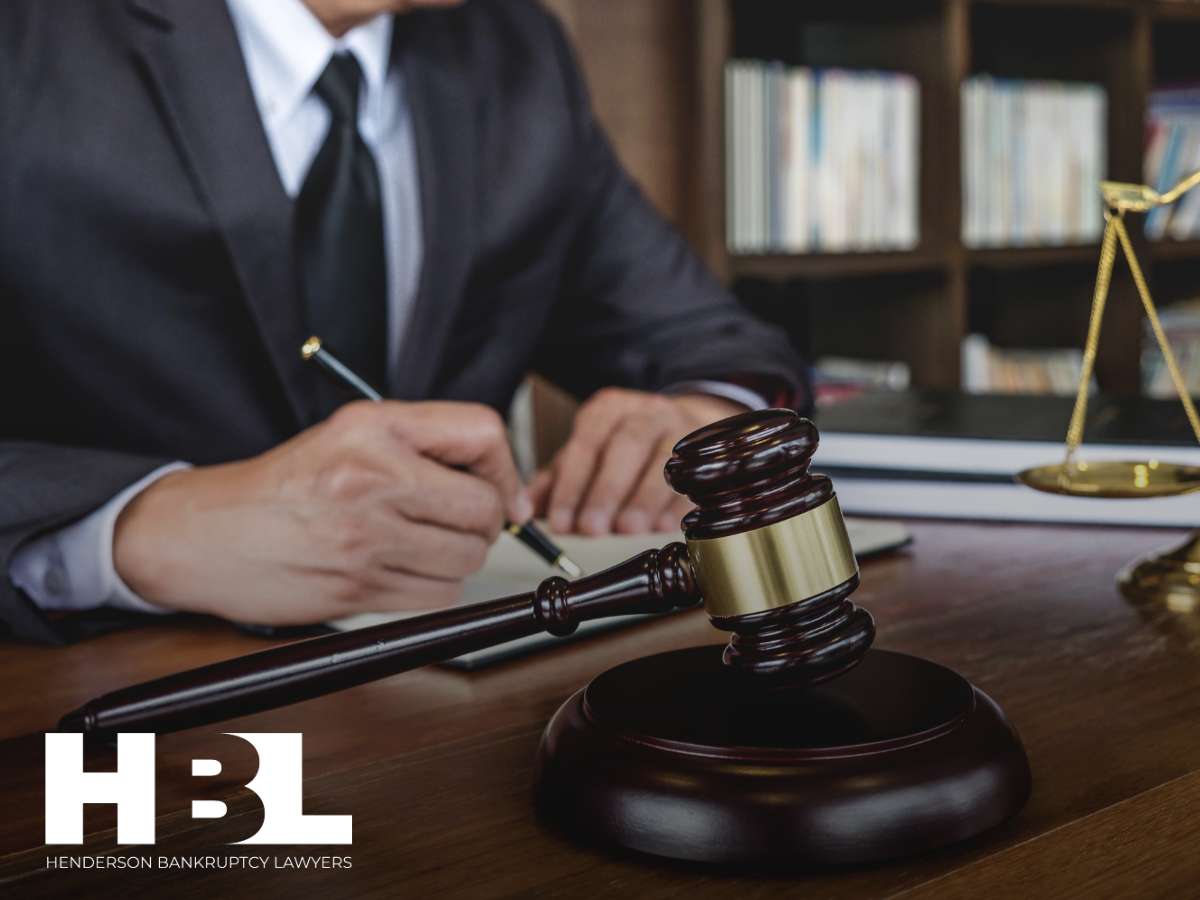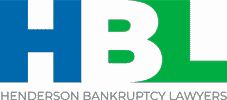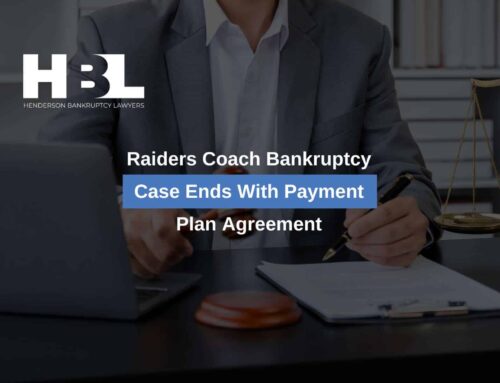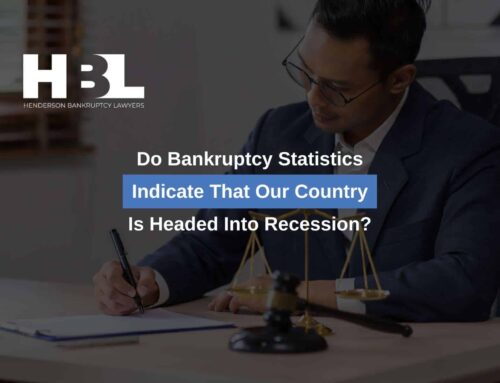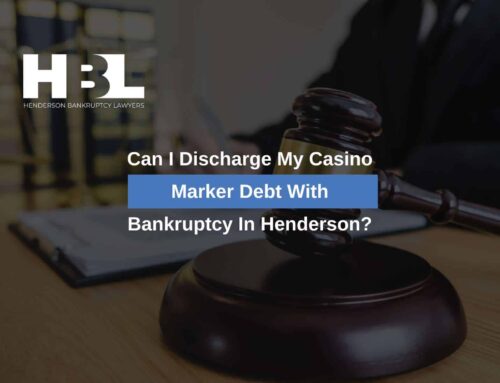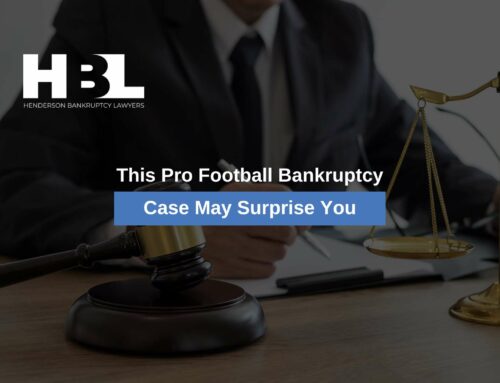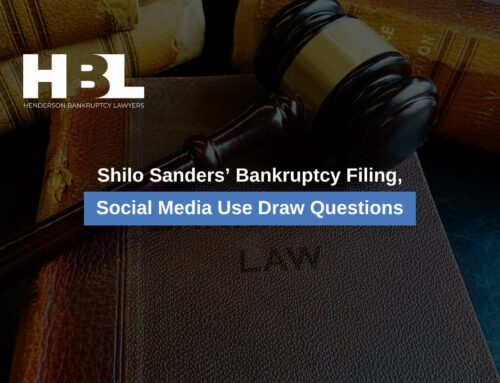Life has gotten more expensive the past few years without household incomes increasing to keep up. More and more families live paycheck to paycheck, which can easily lead to a situation where they rely on credit cards and other lines of credit just to get by. One accident could be all it takes to set someone behind on their budget, which can become a compounding issue. When debts have spiraled out of control, there are limited options in how to deal with it. You may benefit from debt negotiation or debt consolidation, but these processes aren’t foolproof and can sometimes even leave users with more debt than they started with. Bankruptcy is an effective tool for debt relief, and offers two main options for personal bankruptcy: chapter 7 and chapter 13. They have different eligibility requirements and purposes, and discerning between them can be burdensome. Below are some tips to consider if you are just starting your research on bankruptcy. To discuss your situation and how bankruptcy would apply with an experienced Henderson bankruptcy lawyer, free of charge, call 702-899-3328.
1. Don’t Consider This a Free Pass To Max Out Your Credit Cards
Credit cards are among the top types of debt that can be cleared by bankruptcy. They are erased by chapter 7, and can be discharged at the end of a chapter 13 case, depending on the debtor’s income. Credit card debts are discharged whether your balance is only a few hundred dollars or if all your cards are maxed out and you have zero available spending balance. Using that logic, a debtor might think it’s beneficial to spend as much as possible on their credit cards, even on luxury purchases that they couldn’t otherwise afford. There are rules in place to prevent debtors from running up credit cards knowing that they will soon file for bankruptcy. Bankruptcy debtors must avoid spending more than $800 on luxury purchases in the 90 days before bankruptcy and $1,100 in cash advances in the 70 days before bankruptcy. Credit cards that exceed these limitations won’t be cleared by bankruptcy. The debtor will still have to pay them off, even after the rest of their debts are discharged. Adversary proceedings arising from excessive credit card spending can also create extra costs and delays in the debtor’s case.
2. If You Can, Time Your Filing Around Your Tax Refund (If You’re Expecting One)
Your tax refund might be an important part of your annual financial planning. If so, it’s important to determine if your tax refund will be at risk in a bankruptcy filing, and if so, to plan your filing accordingly. One way to help protect your tax refund from the trustee’s grasp is to file your case after receiving and spending your tax refund. This should be done in a reasonable manner- think household necessities, dental and medical care, and vehicle maintenance and repairs versus shopping sprees, expensive restaurants, gambling, and vacations. If you are ever unsure about whether or not your purchase is reasonable, you should run it by your bankruptcy lawyer.
3. Consider Whether An Emergency Filing Is Necessary
Bankruptcy petitions are dozens of pages long, so they can take a while to prepare and file. For some, it could take weeks, and for others, it could take months. But there are several situations that could make filing sooner than that necessary. When a bankruptcy petition is filed, the debtor becomes protected by the “automatic stay”. This protection stops actions that creditors may take against a debtor who is behind on their bills, such as vehicle repossession, home foreclosure, and wage garnishment. If one of these actions is about to take place, the debtor can file a “skeleton petition” to activate the protections from the automatic stay more quickly. Here, the debtor only needs to submit contact information, income information, the creditor mailing matrix, and their first credit counseling certificate. They will have a 2-week deadline to prepare the rest of their bankruptcy petition. While the deadline is short, this still provides the debtor with protection from the automatic stay while preparing their full bankruptcy petition.
4. Don’t Procrastinate Your Credit Counseling Courses
Whether you file for chapter 7 or chapter 13, you will be required to take two credit counseling courses. We always recommend completing the courses as soon as possible to avoid issues and delays near the deadline to submit the course completion certificates. The first course certificate must be filed along with the bankruptcy petition. It is valid for up to 180 days before filing the bankruptcy petition. The second course certificate must be filed within 60 days of the 341 Meeting of Creditors for the case to proceed. Get these courses out of the way so you aren’t left with stress or technical issues at the last minute.
5. Learn What You Can Do To Improve Your Credit After Your Bankruptcy Discharge
Some of the methods of improving credit after bankruptcy may require some planning before bankruptcy. For example, if you have an auto loan, you should be aware that your timely payments will no longer help improve your credit score if you retain that loan through bankruptcy. But if you surrender that vehicle and finance a different vehicle, the lender will be required to report positive payments. Both will be able to negative report late and missed payments, so keeping the same loan only has the potential to damage your credit after discharge. A bankruptcy debtor loses all of their credit cards but should receive numerous offers after discharge- cautiously choosing one or a few of them and making timely payments can also help improve post-bankruptcy credit. If the debtor is hesitant to open new credit cards (especially if credit cards are what led them to file for bankruptcy in the first place), the debtor can open a secured credit card. This is a pre-paid credit card, usually through their bank, that will help improve their credit score.
6. Find Attorneys With Zero Down Payment Options If You Can’t Afford Up-front Fees
Many people who are considering bankruptcy don’t have the cash on hand to pay for attorney’s fees and filing fees. Here, they can either self-represent, which comes with several risks, or find an attorney with post-filing payment options. It can be easier to afford bankruptcy payments after filing after debts, garnishments, interest, and other expenses have been eliminated. Our Henderson Bankruptcy Lawyers offered skilled representation with payment options starting at Zero Dollars Down for eligible clients. Your payment plan comes with 0% interest for 12 months. Call 702-899-3328 to learn more.
7. Start Your Search With a Free Consultation.
Some bankruptcy attorneys will charge you to discuss your situation, even if it turns out that you aren’t eligible to file. This kind of risk is unacceptable for someone who is already financially struggling and considering bankruptcy. Our firm offers free consultations, which can be conducted by phone for your privacy and convenience. This is your chance to ask any questions that you may have about bankruptcy without paying a fee. To schedule your free consultation with an experienced Henderson bankruptcy lawyer today, contact us or call 702-899-3328
Henderson Bankruptcy Attorneys
1489 W. Warm Springs Rd., Ste. 110
Henderson, NV 89014
Phone: (702) 899-3328
Email: info@mylasvegaslawyers.com

